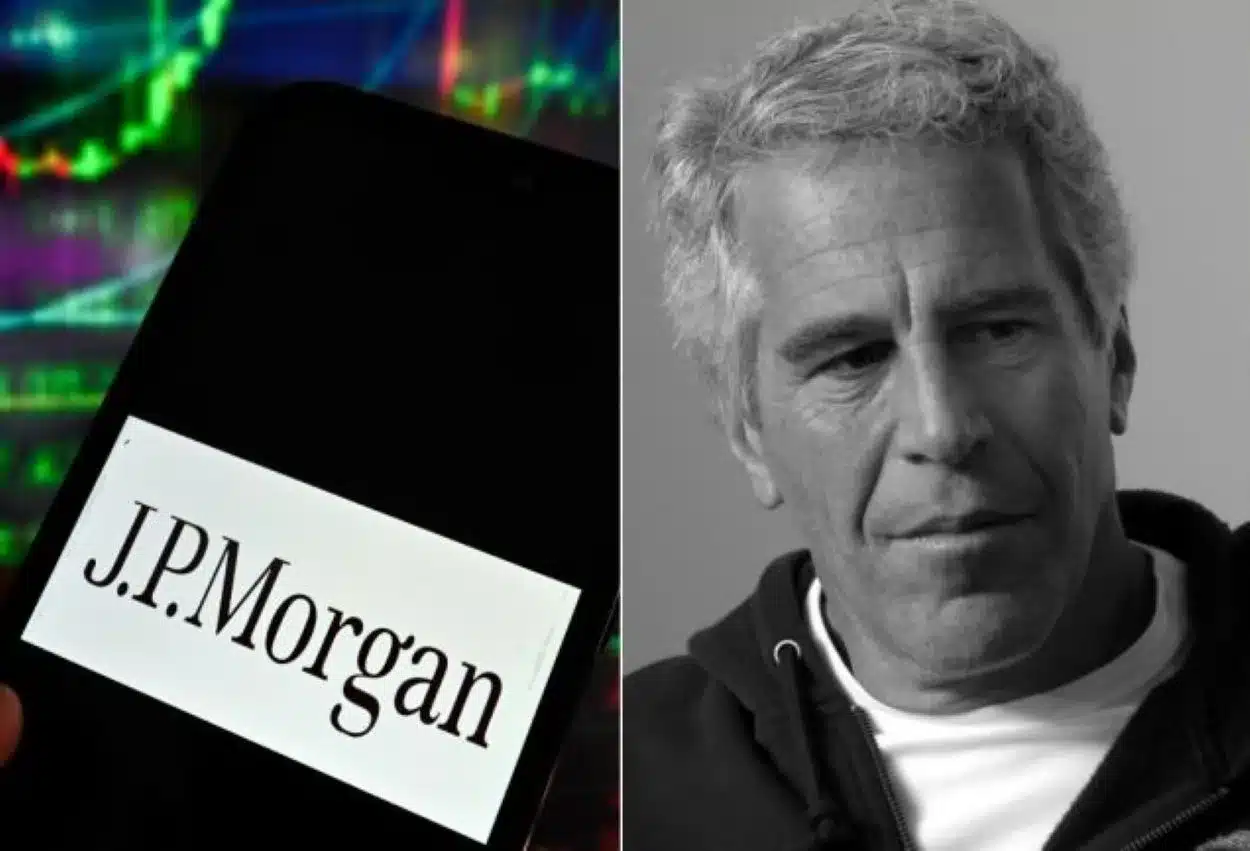JPMorgan Chase, a leading US bank, has agreed to settle a class action lawsuit related to Jeffrey Epstein’s sex trafficking scheme, pledging to pay $290 million. This resolution puts a cap on a prolonged legal dispute accusing the bank of turning a blind eye to Epstein’s illicit activities for its financial benefit.
The Bank’s Response and Settlement Details
In response to the allegations, JPMorgan initially claimed that the blame solely lay with Epstein for his deplorable acts. Moreover, they asserted that the bank had cut off ties with Epstein once they discovered his misdeeds. Nevertheless, the settlement indicates a resolution that would serve the best interest of all parties, particularly the victims of Epstein’s abuse.
David Boies, the plaintiffs’ attorney, revealed the $290 million settlement amount through a spokesperson. However, the settlement still awaits court approval. This announcement succeeded a similar resolution in May when Deutsche Bank decided to pay $75 million to settle a lawsuit brought forth by another victim.
Implications for Wall Street Banks
These lawsuits have compelled Wall Street banks to face their involvement in the Epstein scandal involving the notorious financier who died in prison in 2019. Coinciding with the settlement announcement, US District Judge Jed Rakoff granted class-action certification to the claims, acknowledging the multitude of victims represented by the leading plaintiff, Jane Doe 1, and others in similar circumstances.
Judge Rakoff underscored in his ruling that the central issue was JPMorgan’s alleged facilitation of Epstein’s sex trafficking activities, despite possessing or supposedly having knowledge of them. The decision to certify the class was grounded on the common laws and facts shared among the victims.
Reactions to the Settlement
Boies Schiller Flexner, the plaintiffs’ law firm, hailed the settlement as a significant move toward justice. Attorney Sigrid McCawley lauded the settlements as historic and transformative for the survivors, pointing out that financial institutions play a crucial role in detecting and curbing sex trafficking.
Expressing regret over their association with Epstein, JPMorgan Chase admitted that his conduct was appalling. The bank insisted that any connection with Epstein was a mistake and affirmed that it would not have continued business dealings with him if it had known about his involvement in heinous crimes.
While this settlement closes one part of the case, litigation between JPMorgan and former executive Jes Staley and cases concerning the US Virgin Islands remain in progress. Attorneys representing the victims have requested additional testimony from JPMorgan Chase CEO Jamie Dimon, alleging that the bank purposefully concealed documents before his deposition.
Jeffrey Epstein, previously convicted in Florida in 2008, served a brief jail term for paying young girls for massages under a concealed plea deal. He was later charged with trafficking underage girls for sex but committed suicide in a New York jail cell in August 2019, aged 66.






